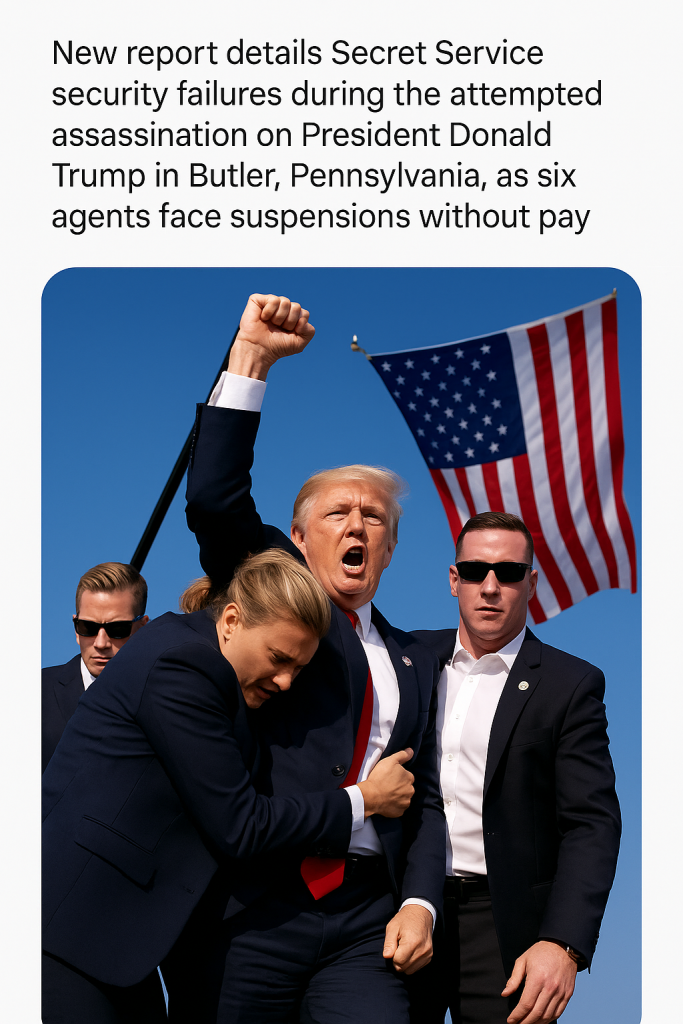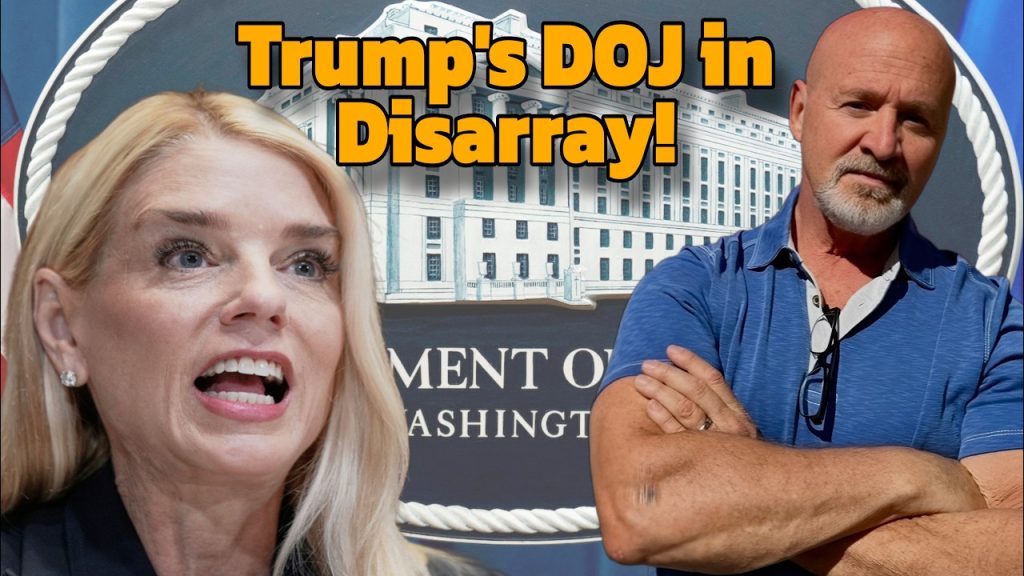A newly released report has exposed significant security failures by the Secret Service during the attempted assassination of former President Donald Trump in Butler, Pennsylvania. The investigation, which followed the harrowing incident, found critical lapses in protocol and preparedness that compromised the safety of the former commander-in-chief. As a result, six Secret Service agents have been suspended without pay, underscoring the serious consequences of the agency’s missteps.
The attempted attack occurred amid a public event where Trump was scheduled to appear, drawing a sizable crowd. According to the report, the planning and execution of security measures were inadequate, allowing a suspected assailant to breach multiple layers of protection. The investigation highlights failures ranging from surveillance oversights to communication breakdowns among personnel assigned to the detail.
Key findings of the report reveal:
- A lack of comprehensive threat assessment prior to the event, which left agents unprepared for the nature and tactics of the assailant.
- Insufficient coordination among local law enforcement and Secret Service units, exacerbating reaction times during the incident.
- Failure to maintain secure perimeter controls, enabling close proximity to the former president by an unauthorized individual.
- Breakdown in real-time communication among agents, impairing the ability to mount an effective defensive response.
The report is notably critical of the leadership overseeing the protective mission, emphasizing the urgent need for reforms in training, planning, and inter-agency collaboration. It also stresses the importance of adopting more rigorous security protocols tailored to address evolving threats against high-profile political figures.
In the wake of these revelations, the Secret Service initiated disciplinary actions, suspending six agents involved in the Butler assignment without pay. These suspensions indicate the agency’s commitment to accountability, though it also raises questions about the broader institutional reliability in safeguarding former presidents and other dignitaries.
Sources within the department have disclosed that beyond personnel consequences, the incident has catalyzed a comprehensive review of security protocols nationwide. Officials are reportedly examining technology upgrades, enhanced tactical training, and better intelligence-sharing frameworks to prevent similar lapses in future presidential protective details.
The attempted assassination in Butler, Pennsylvania, marks a rare but sobering reminder of the persistent risks faced by former presidents, even outside active office. As the Secret Service grapples with the fallout, the agency’s credibility and operational readiness remain under intense public and governmental scrutiny.
Experts suggest that this episode could lead to sweeping changes in how the Secret Service approaches threat mitigation, particularly as political divisions and public unrest continue to pose unpredictable dangers. The agency’s ability to learn from these failures will be crucial in restoring confidence among both the public and the individuals it vows to protect.
As the investigation continues and reforms are implemented, this incident serves as a case study in the complexities and imperatives of modern personal protection at the highest levels of government.



